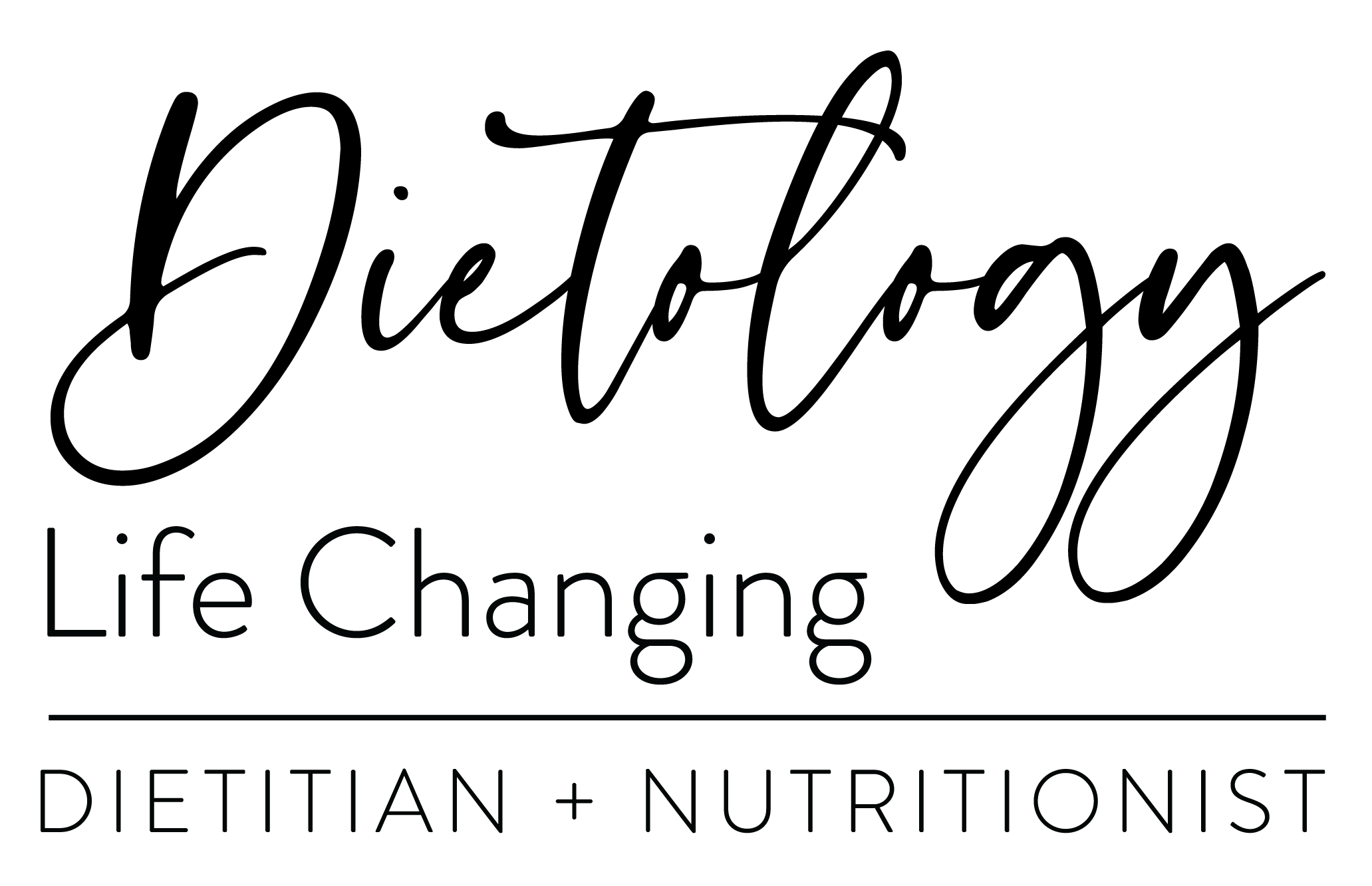The Connection Between Hashimoto’s and the Gut Microbiome
If you are looking to manage your Hashimoto’s symptoms, your gut health can have profound effects on various aspects of your health.
Nourishing the connection through nutrition
If you are trying to navigate Hashimoto's and gut challenges, the guidance of a specialised dietician can provide a pivotal role.
Hashimoto's disease
Hashimoto's disease is characterized by an immune system malfunction where the body mistakenly recognises thyroid proteins as foreign invaders and launches an attack against the thyroid gland.
It involves a complex interaction between genetic predisposition, environmental factors, and the immune system.
This attack leads to inflammation and, over time, can cause hypothyroidism, a condition where the thyroid gland is underactive. Symptoms may include fatigue, weight gain, depression, and sensitivity to cold.
An autoimmune response
This autoimmune response leads to chronic inflammation, thyroid tissue damage, and a subsequent decline in thyroid function.
While the exact triggers for autoimmune diseases remain multifaceted, recent scientific studies have shed light on the influential role of the gut microbiome in the development and progression of Hashimoto's disease and the contribution to the modulation of the immune system.
The gut microbiome connection
The gut microbiome refers to the trillions of microorganisms, including bacteria, viruses, and fungi, that inhabit the digestive tract.
Recent research has revealed a strong connection between the gut microbiome and autoimmune diseases, including Hashimoto's. The gut plays a crucial role in modulating the immune system, and an imbalance in the microbiome can contribute to the development or exacerbation of autoimmune conditions.
The gut microbiome: a microscopic ecosystem
Your gut microbiome is a dynamic and diverse community of microorganisms residing in the gastrointestinal tract.
Comprising bacteria, viruses, fungi, and other microorganisms, the gut microbiome plays a pivotal role in maintaining your immune system balance and overall health. A disruption in the delicate balance of this ecosystem, known as dysbiosis, has been linked to various autoimmune conditions, including Hashimoto's disease.
Several factors can influence the composition and diversity of the gut microbiome, including genetics, environmental factors, and notably, dietary intake. A diet rich in fibre, prebiotics, and probiotics promotes the growth of beneficial bacteria in the gut, fostering a balanced microbiome.
Hashimoto's and gut dysbiosis
Research indicates that individuals with Hashimoto's disease often exhibit alterations in the composition and diversity of their gut microbiome.
Factors such as antibiotic use, dietary choices, and environmental exposures can influence the delicate equilibrium of the gut microbiota.
This can trigger an immune response, contributing to systemic inflammation and potentially exacerbating autoimmune conditions like Hashimoto's.
The impact of nutrition on the gut-thyroid axis
Nutrition is important in this complex relationship. A dietary intake rich in fibre, prebiotics, and probiotics supports the growth of beneficial bacteria in the gut, fostering a more balanced microbiome.
On the contrary, a diet high in processed foods and low in essential nutrients may contribute to dysbiosis and inflammation, potentially influencing the progression of Hashimoto's disease.
The Role of Nutrition in Gut Health
Fiber-rich Foods
Including a variety of fibre-rich foods, such as fruits, vegetables, and wholegrains, provides essential nutrients for the growth of beneficial bacteria. Fibre acts as a prebiotic, supporting the development of a diverse and healthy microbiome.
2. Probiotics
Probiotics are live microorganisms that provide health benefits when consumed in adequate amounts. Foods like yoghurt, kefir, sauerkraut, and kimchi are rich in probiotics and can contribute to a more balanced gut microbiome.
3. Anti-Inflammatory Diet
Chronic inflammation is a common feature in autoimmune diseases. Consuming an anti-inflammatory diet, which includes omega-3 fatty acids from sources like fatty fish, flaxseeds, and walnuts, to name a few, can help manage inflammation and support overall gut health.
4. Avoiding Trigger Foods
Some individuals may be sensitive to certain foods that can exacerbate autoimmune conditions. Identifying and avoiding trigger foods can be crucial in managing symptoms and preventing flare-ups.
A holistic approach to nutrition
The connection between Hashimoto’s disease and the gut microbiome highlights the complexity of autoimmune conditions and the importance of a holistic approach to health, encompassing both the immune system and the digestive system.
Nutrition plays a pivotal role in nurturing a diverse and balanced gut microbiome, ultimately influencing the course of autoimmune conditions like Hashimoto's disease.
Personalised Therapeutic Nutrition
A holistic approach to health and wellbeing provided with personalised therapeutic nutrition intervention, that targets your gut microbiome, such as a nutrient-rich and gut-friendly diet, can manage and alleviate your Hashimoto's symptoms, reduce inflammation, and enhance your overall well-being.
"Let food be thy medicine."

